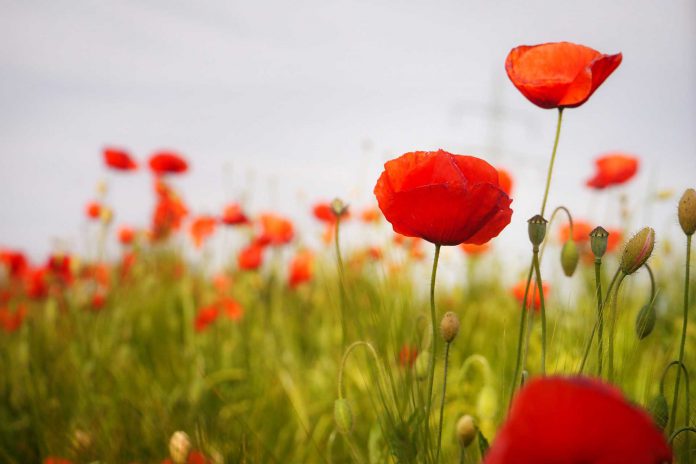Exposure to Indigenous values at a young age would do wonders to improve mutual respect
To the Expositor:
The recent kerfuffle at Manitoulin Secondary School in M’Chigeeng is definitely a disturbing indicator of a serious communication breakdown. It’s obvious to me that even on Manitoulin Island, with its assortment of impressive First Nations communities, students are not learning their Canadian history, or being introduced to important Canadian aboriginal authors, like Margaret Laurence, Basil Johnston, Lee Maracle, Georges E. Sioui, Leanne Betasamosake Simpson, Tomson Highway, Marilyn Dumont, Joseph Boyden, Maria Campbell, Thomas King, Marie Clements, and on and on…
Unfortunately, too many non-aboriginal students do not respect their Indigenous school chums. They have absorbed from either parents, or US-dominated media, white-supremacist/self-important assumptions of cultural superiority. A recent poll discovered, despite pervasive Conservative racist anti-immigration opinions filtering up from south of the border, more than 75 percent of Canadians identify with accepting refugees forced out of their homelands by wars and consequences of global warming. Few Canadians realize the value of “inclusiveness” was not imported by European immigrants centuries ago, but learned from the original inhabitants of this land.
Enough with teaching that Euro-American delusional imperialist notion of the “Divine Right of Discovery.” The myth of the virtuous battle by European colonists against the savage Native American tribes, also referred to as Manifest Destiny. First used in 1845, this term conveys the notion that European “pioneers” used to justify their ruthless colonial expansion throughout North America. Instead, Canadian students should be exposed to essential texts, like ‘A Fair County: Telling Truths About Canada’ by John Ralston Saul.
Saul argues that, “contemporary Canada has been deeply influenced and shaped by aboriginal ideas and the experience of both Francophone and Anglophone immigrants over the 250 years, from 1600 on, during which aboriginals were either the dominant force in Canada, or equal partners. He argues, that aboriginals are making a rapid comeback and their fundamental influence needs to be recognized in order for non-aboriginal Canadians to understand themselves.” Canadians and humanity in general need to understand quickly that all of us are natives of this planet. We all have a psychic connection to nature and to our ancestors of all species. Unfortunately, too many have been shamed into amnesia.
Recently, I have engaged in an ongoing debate in this paper in regards to what I consider a confusion of values perpetuated by a largely corporate controlled media and political apparatus, that perpetuates a neo-Liberal agenda. The broader issue is how this essentially linear thinking urban imperialist/materialist agenda, in pursuit of corporate profit defined as “progress,” compares to the circular thinking rural egalitarian tribal spiritual agenda, concerned with the stewardship of the land and the people.
Another essential text on my list of important school books is ‘Seeds of Peace: A Buddhist Vision For Renewing Society’ by Thai author Sulak Sivaraksa. In his essay, ‘Development As If People Mattered,’ he contrasts the western materialist assumption, that the entire development of civilization proceeds from the realization of desires and accumulation of goods, to the Buddhist and similarly Indigenous spiritual notion, that it’s the reduction of desires that constitutes development. “Perhaps a truly developed city would not be distinguished by a multitude of skyscrapers, but by the values attendant in its growth: simplicity, comfort and respect for the community of life around it.”
E. F. Schumacher, in his inspiring book ‘Small is Beautiful,’ states: “If we can avoid the extremes of bigness and greed, we may create a world in which industry and agriculture are meaningful and satisfying for all beings.” He recognizes that, “more people in the west are realizing development is not purely material and are rejecting consumer culture. They are regaining respect for nature and re-connecting with their Indigenous soul, inspiring a shift in values from self-assertion and competition to cooperation and social justice, from expansion to conservation, from material acquisition to inner growth.” Exposure to such Indigenous values at a young age would do wonders to improve mutual respect and non-violent interaction amongst our student population.
Derek Stephen McPhail
Providence Bay




